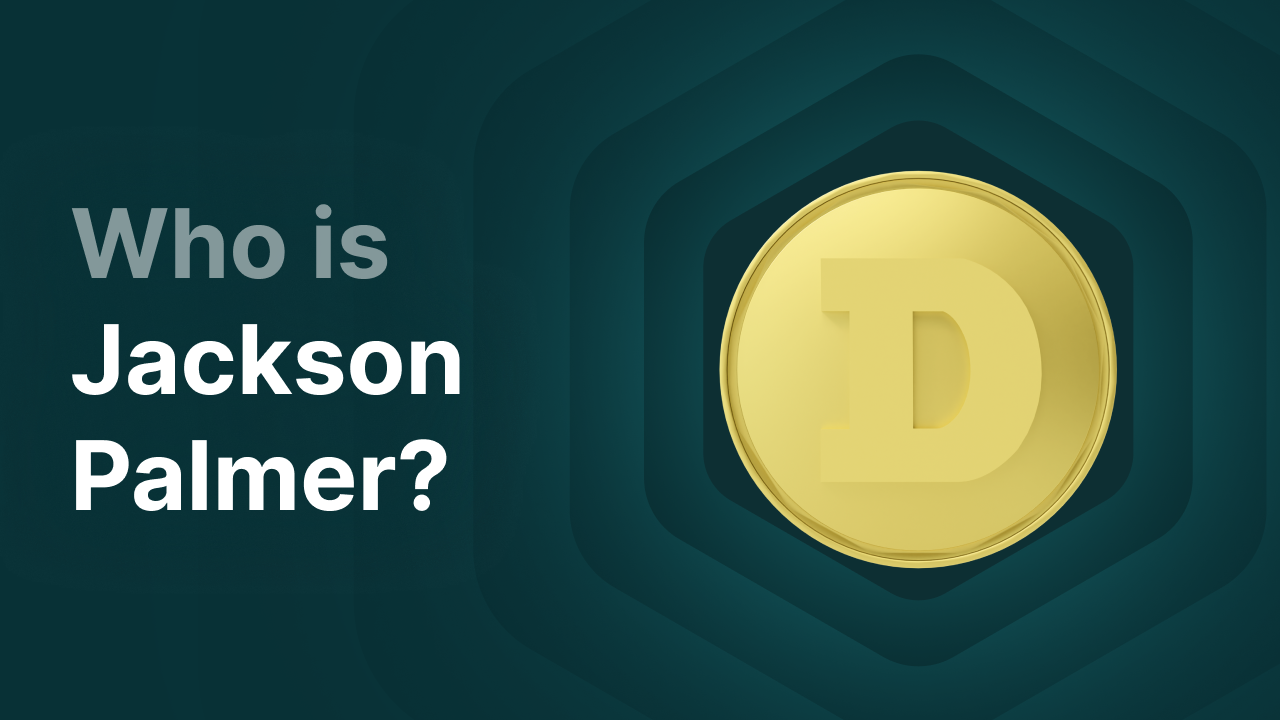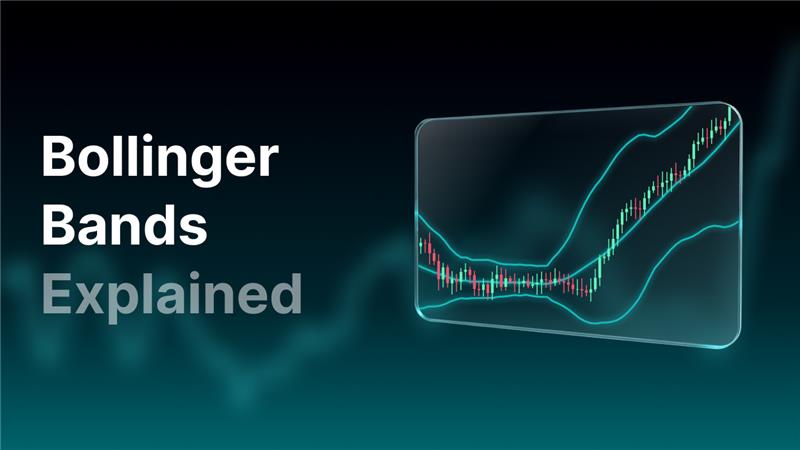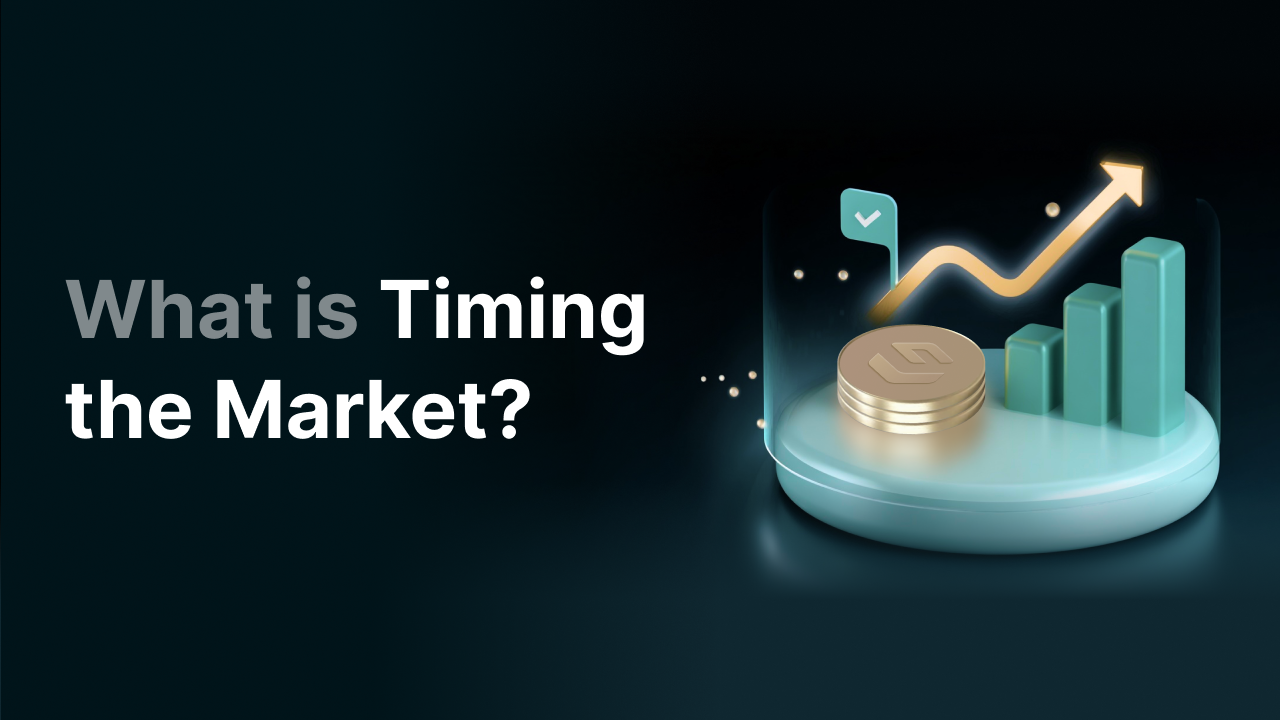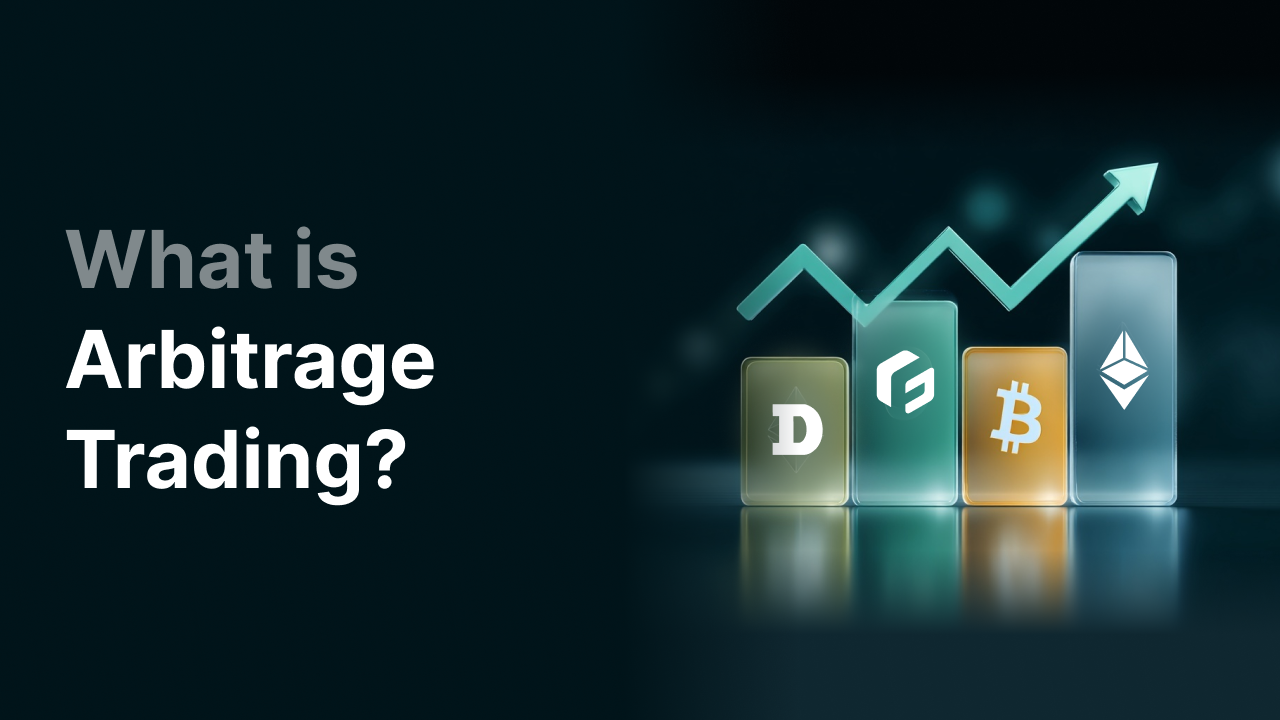What Are Zero Knowledge Rollups and How Do They Work?
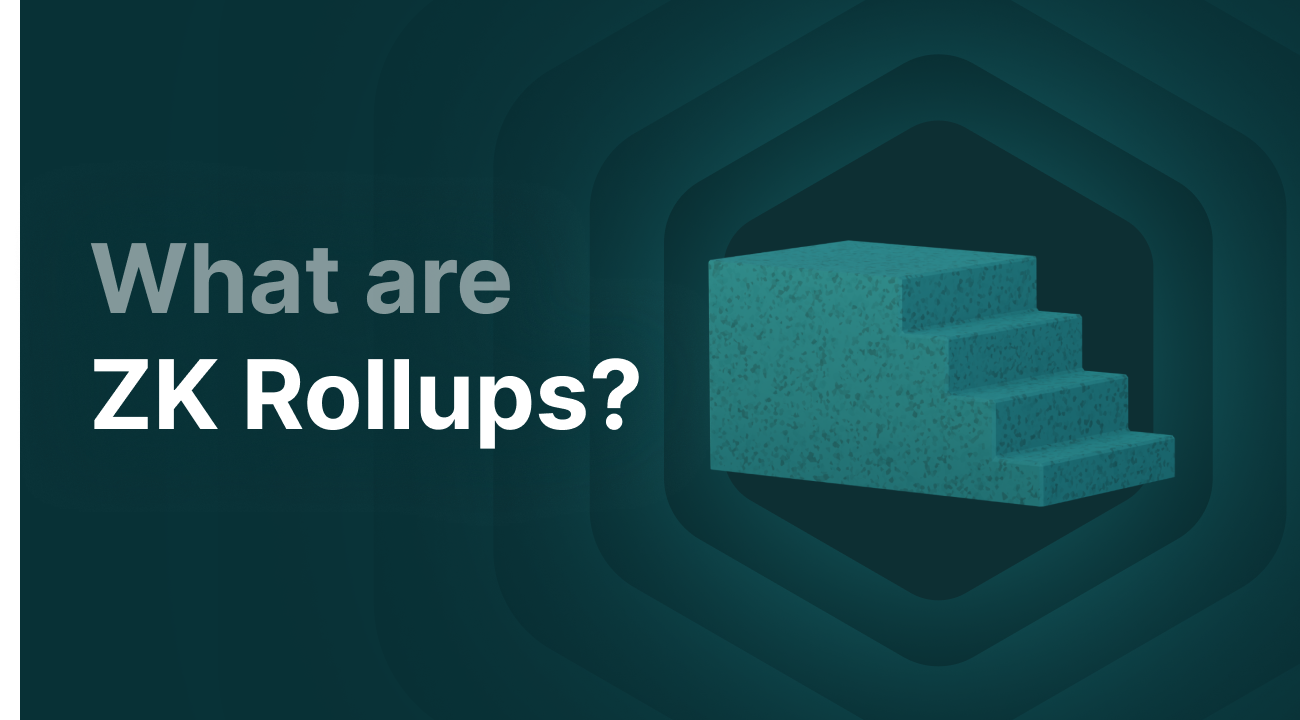
What is a ZK rollup?
A ZK rollup (also known as a Zero-Knowledge rollup) is a solution to scalability problems for blockchains like Ethereum. It is a layer 2 solution that runs on top of the existing blockchain (Layer 1). ZK rollups are used to process more transactions per second and reduce costs. Depending on the implementation, ZK rollups can also improve privacy, since data doesn't always have to be fully public. All of this without compromising the network's security.
The term ZK stands for Zero-Knowledge and is a technology that allows you to prove a statement is true using cryptographic evidence, without revealing the actual content. In other words, transactions can be validated without all data being publicly visible. ZK therefore enhances privacy and makes the blockchain more efficient.
Instead of processing all transactions directly on the blockchain, multiple transactions are bundled into one large rollup. Only the proof (the Zero-Knowledge proof) is then placed on the blockchain.
Key Takeaways
-
ZK rollups are a solution for blockchains like Ethereum that combine multiple transactions into one and help blockchains scale.
-
ZK rollups work by processing transactions off-chain and then adding a Zero-Knowledge proof to the main chain to verify their validity.
-
Well-known forms of ZK rollups include zkSync, Starknet, and Polygon zkEVM.
How Do ZK Rollups Work?
ZK rollups ensure that transactions are moved to a second layer, thereby reducing the computational load on the blockchain. ZK rollups work in three steps:
-
Batch Processing: Users create transactions which they submit to the Layer 2 Rollup.
-
Off-Chain Processing: All submitted transactions are processed off-chain and bundled into one batch.
-
Zero-Knowledge Proof: After creating this batch, a cryptographic proof is generated confirming the correctness of the batch. The Zero-Knowledge proof is then verified by a smart contract on the Layer 1 blockchain.
This way, thousands of transactions can be summarized into one transaction on a blockchain, contributing to better scalability. The rollup doesn't record each transaction individually but instead places summarized data or a ZK proof on the Layer 1 blockchain.
Imagine 1,000 users want to perform a transaction on the Ethereum blockchain simultaneously. Instead of processing 1,000 separate transactions on Ethereum, the ZK rollup bundles them and generates a cryptographic proof that is placed on the Ethereum blockchain. This ultimately saves significant processing power and gas fees.
Why Are ZK Rollups Important?
ZK rollups solve one of the biggest problems in blockchain technology: scalability. When a network becomes more popular (like Ethereum), it can become overloaded. This eventually leads to slow processing times and high transaction fees.
ZK rollups allow more transactions to be processed per second. For example, by using ZK rollups, Ethereum can theoretically handle more than 1,000 transactions per second instead of 15. Additionally, less data needs to be placed on the blockchain, which lowers transaction gas fees.
Thanks to Zero-Knowledge proofing, the details of individual transactions remain hidden, while their validity can still be proven. There's also no central party needed to approve the transactions—cryptography guarantees that the batch of transactions is correct, thus promoting decentralization. Although transaction processing happens off-chain, ZK rollups still benefit from the security of the main chain.
What Is the Difference Between ZK Rollups and Optimistic Rollups?
ZK rollups and Optimistic rollups are both Layer 2 solutions for blockchains, but they are different types of rollups. Optimistic rollups also bundle transactions and execute them on a Layer 2, but they optimistically assume the transactions are correct. A fraud-proof mechanism is used, allowing someone to challenge a mistake in the rollup.
Here Are the Main Differences:
Examples of Popular ZK Rollup Projects
Several major projects have now been built using ZK rollup technology. These projects all contribute to the adoption of ZK rollups within the Ethereum ecosystem. These are some well-known examples:
zkSync
zkSync is one of the most well-known ZK rollup platforms and was developed by Matter Labs. This platform supports smart contracts and primarily focuses on user-friendly Layer 2 functionalities for payments, DeFi, and NFTs.
Starknet
Starknet focuses on scalable dApps and supports complex smart contracts. It uses STARK proofs, a specific form of Zero-Knowledge cryptography. The company behind Starknet, StarkWare, is also responsible for StarkEx. This is the engine behind dYdX and ImmutableX.
Polygon zkEVM
Polygon uses a zkEVM, a ZK rollup that is compatible with the Ethereum Virtual Machine. This makes it easy for existing dApps on the Ethereum network to migrate to the Polygon zkEVM while preserving smart contracts and tools.
Final thoughts
ZK rollups are strong solutions to the scalability problems of blockchain technology. By bundling transactions and processing them off-chain, they offer a powerful combination of efficiency, privacy, and security for blockchains. Although the technology behind ZK rollups is still under development, they are already playing a major role for users and developers and promise to become even more important for Ethereum and other blockchains in the future.
